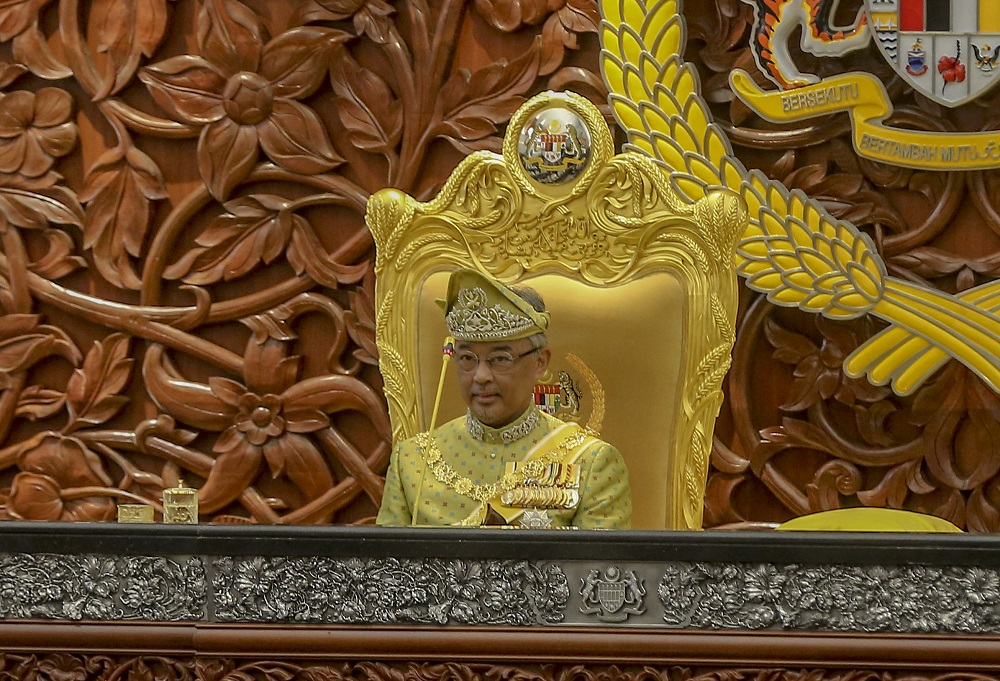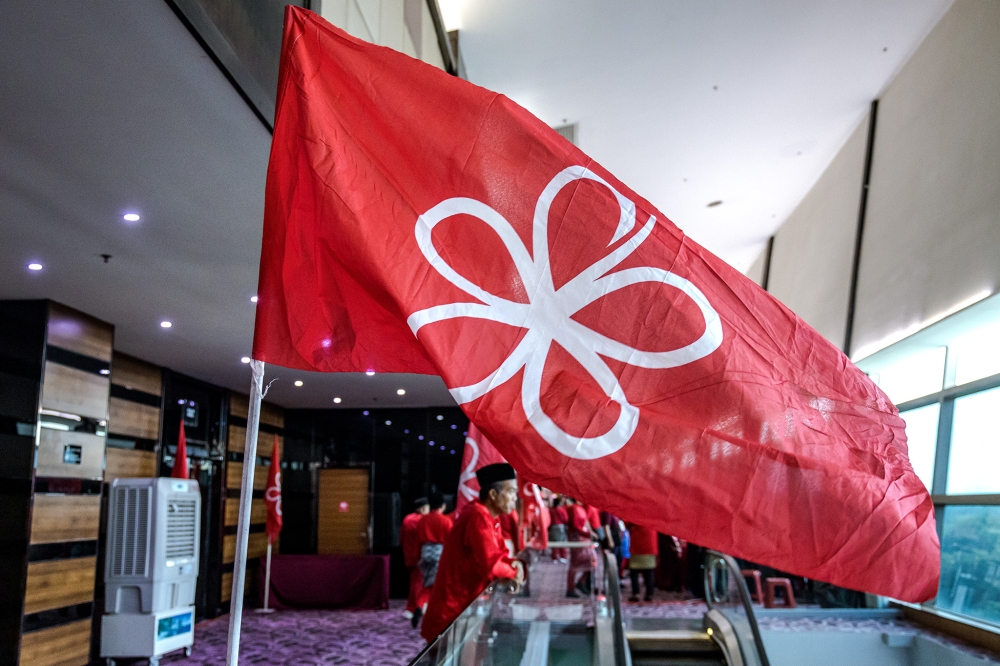KUALA LUMPUR, April 7 — The Cabinet’s reversal of its ratification of the Rome Statute of the International Criminal Court (ICC) was a “political” move done for fear of a coup d’etat attempt spurred on by powers behind the scene, Datuk Saifuddin Abdullah explained.
The foreign minister pointed out history has shown that a coup d’etat is a common reaction to democratic advancement and the public rising up following an election, and it is usually instigated by the “deep state.”
“[There was the] possibility of the issue being manipulated to the extent that people go to the streets, moved by the ‘deep state’ and certain apparatus,” Saifuddin told Malay Mail and several other media outlets in an interview yesterday.
“Deep state”, also known as a “state within a state”, refers to a form of secret government or network that operates independently of a country’s political leadership for its own personal agenda.
Depending on each country, it may include the armed forces, secret police, intelligence agencies, or even civil servants but Saifuddin refused to clarify his definition of the term during the interview.
“I would keep it that way, let the ‘rakyat’ decide. I use the term apparatus... that are not democratically elected,” said the Pakatan Harapan (PH) secretariat chief.
Malaysians have many times expressed their displeasure with the government through street protests and rallies, so what is the difference this time round?
The minister said, “This is a slightly different story because this seems to involve the royals.”
The worry over a possible coup d’etat punctuated Dr Mahathir’s warning on Friday that critics of the Rome Statute wanted to trigger a row between the country’s monarchy and the new government.
The Langkawi MP had accused critics of engaging in a political move “to get the rulers to back them up”, but also added that some members of the royal family may be involved.
This was backed up by Dr Mahathir’s planned successor Datuk Seri Anwar Ibrahim, who clarified yesterday that the prime minister’s barbs were not directed at other political parties or anyone within PH.
“The statement is rather specific. The prime minister was making reference to a specific attempt by a particular personality in a royal family or household,” the PKR president was quoted saying.
Following Dr Mahathir’s announcement on Friday, several ministers immediately backed him and his administration in public, urging Malaysians to protect the PH administration against any ouster.
“Over my dead body before you try to remove our prime minister. Malaysia’s prime minister,” said Youth and Sports Minister Syed Saddiq Abdul Rahman on Twitter.
Bukan mudah kita mahu berada di mana kita berada hari ini.
— Maszlee Malik (@maszlee) April 5, 2019
Tidak dapat kita bayangkan bagaimana semua reformasi dan perubahan yang sedang kita jalankan, diganggu-gugat oleh tindakan sesetengah pihak tidak bertanggungjawab yang cuba menjatuhkan YAB Perdana Menteri. pic.twitter.com/moFMcKNuw2
“Dr Mahathir’s leadership must be defended from undemocratic interference. We must all defend it,” said Education Minister Maszlee Malik, in a Twitter thread where he accused critics of being “cowards” trying to use the issue to oust the prime minister.
Both ministers are from Dr Mahathir’s party Bersatu. No other senior ministers have made such public remarks on the issue at the time of writing.
What swayed the Cabinet’s decision?
According to Saifuddin, the decision to withdraw was made following a lengthy discussion during a routine Cabinet meeting on Friday.
The Cabinet meeting itself was held after Dr Mahathir’s audience with Yang di-Pertuan Agong, Al-Sultan Abdullah Ri’ayatuddin Al-Mustafa Billah Shah.
But a few days prior to that, the Conference of Rulers had held an informal meeting to discuss the matter on Tuesday.
Three other people were called to explain the situation besides Saifuddin, who attended with the Cabinet’s permission: Attorney-General Tommy Thomas, Chief of the Armed Forces General Tan Sri Zulkifli Zainal Abidin, and Universiti Teknologi Mara’s deputy vice-chancellor and the dean of its Faculty of Law Professor Datuk Dr Rahmat Mohamad.
The minister however declined to divulge any details of the informal meeting,

It was not the first time Saifuddin was called to explain the issue, as he had already met the Agong on March 12, following which the Agong decreed him to dispel any misinformation regarding the statute, including the false claim that the King would be exposed to prosecution.
Also present during the rulers’ meeting on April 2 was Johor Crown Prince Tunku Ismail Ibrahim, who tweeted photos of him briefing the Agong and the other rulers on the same date, saying: “Closer to the truth.”
Briefing the Supreme Commander of the Armed Forces of Malaysia, Duli Yang Maha Mulia Seri Paduka Baginda Yang DiPertuan Agong Al-Sultan Abdullah Ri’ayatuddin Al-Mustafa Billah Shah ibni Sultan Haji Ahmad Shah Al-Musta’in Billah and the Conference of Rulers. Closer to the truth... pic.twitter.com/egUCGarXwX
— HRH Crown Prince of Johor (@HRHJohorII) April 2, 2019
The frequent critic of the Rome Statute and Dr Mahathir had afterwards accused Putrajaya of allegedly contravening the Constitution by ratifying it without the consent of the Conference of Rulers ― although the Constitution states otherwise.
His father Sultan Ibrahim Iskandar had accused Putrajaya of the same thing in his birthday address last month, while also harshly labelling those who are allegedly disputing the authorities of state rulers and governments when it comes to Islam, water, forestry, and land as “traitors.”
Putrajaya had previously informed the Agong that it wished to ratify the Statute on February 15.
Saifuddin had then signed the Instrument of Accession to the Rome Statute on March 4, and it was deposited to the Secretary-General of the United Nations on the same day.
The minister also clarified that the Cabinet arrived at the decision on Friday unanimously, following a report that quoted an anonymous source saying that 90 per cent of the Cabinet wanted to keep the ratification while the minority had advocated the withdrawal to protect PH’s position as the government.
“During the Cabinet meeting, the prime minister brought up the issue. There was a discussion, and we were unanimous in agreeing to not continue ratifying,” he said.
Later in his announcement, Dr Mahathir himself conceded that the withdrawal was not because the Cabinet felt negatively about the decision, blaming instead “confusion created by one particular person who wants to be free to beat up people.”
When asked in the press conference if he was alluding to a member of the royal family from a southern state, Dr Mahathir replied: “You can make your guess. You are welcome.”
Saifuddin also dismissed the allegation that the Cabinet had turned its back on Dr Mahathir who held the press conference alone, following a rebuke by lawyer-activist Datuk Ambiga Sreenevasan.
Cabinet’s disappointing decision and this man is left to make the announcement alone. https://t.co/Jw3kCEiLen
— Ambiga Sreenevasan (@Ambiga_S) April 5, 2019
“The PM decided to have the press conference that way … He knows best when he wants ministers to be with him, and how many,” he said.
The decision to withdraw from the Rome Statute received backlash from human rights defenders, especially since it came just less than half a year after Putrajaya said it will not ratify anti-racial discrimination convention ICERD following pressure from the Malay-Muslim lobby.
Putrajaya now has until June to withdraw from ratifying the treaty, and Dr Mahathir said it will do so officially by then.
Over 100 countries are party to the ICC, that probes genocide, crimes against humanity, war crimes, and crimes of aggression that are committed either in the territory of a state party or by a citizen of a state party.
Malaysia is a constitutional monarchy, and Article 40 of the Federal Constitution states that the Yang di-Pertuan Agong shall act in accordance with the advice of the Cabinet.












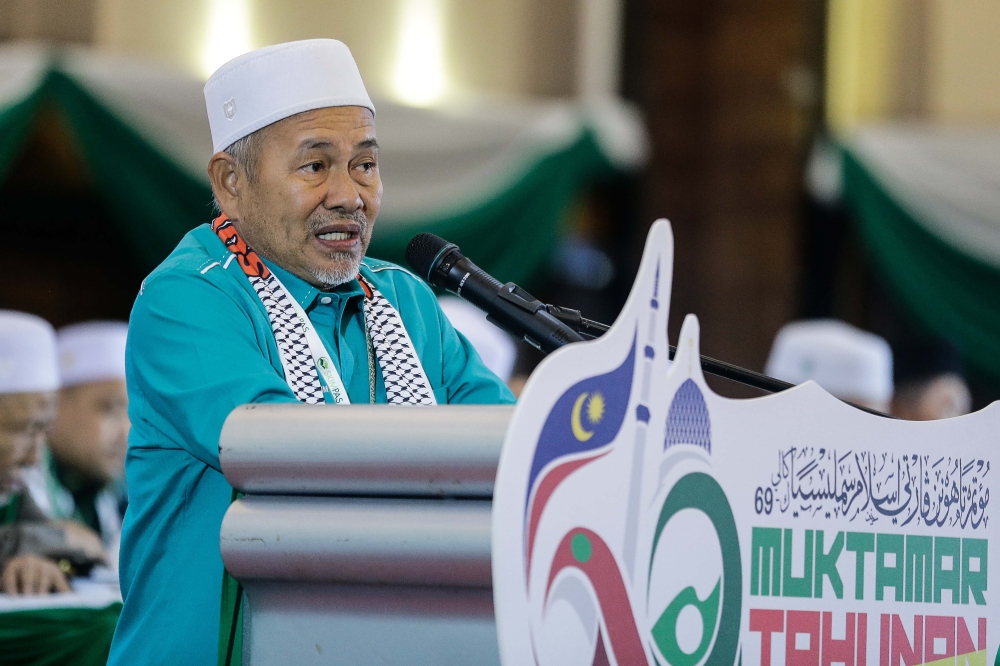
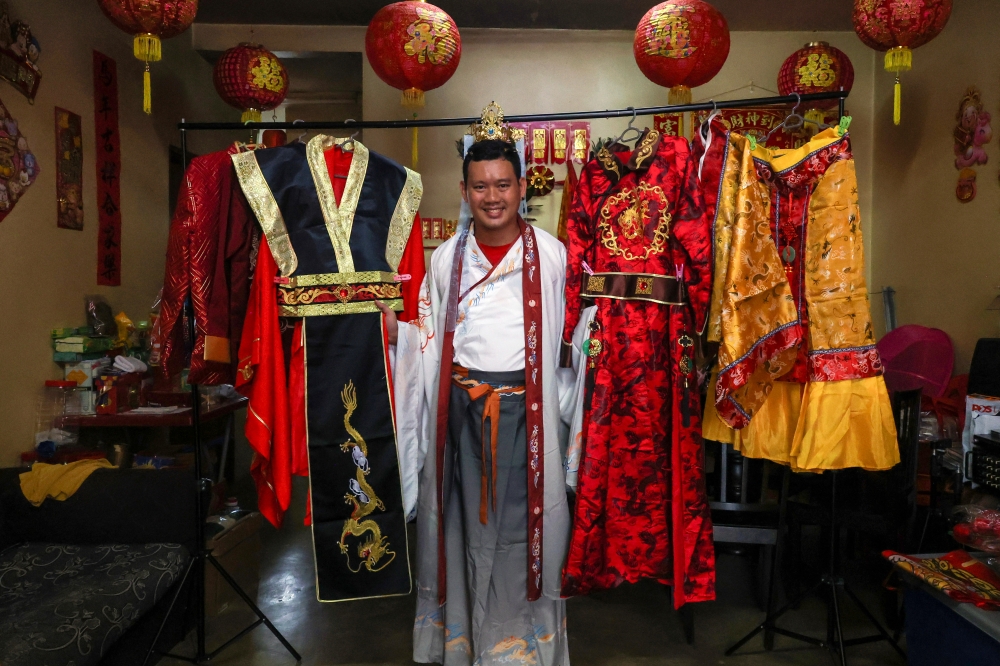
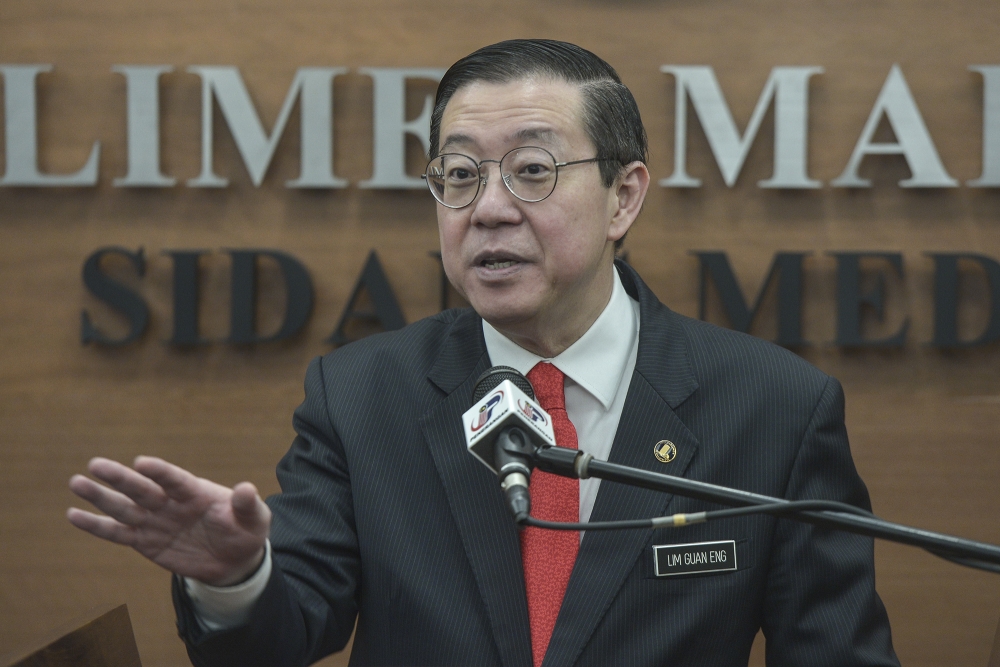
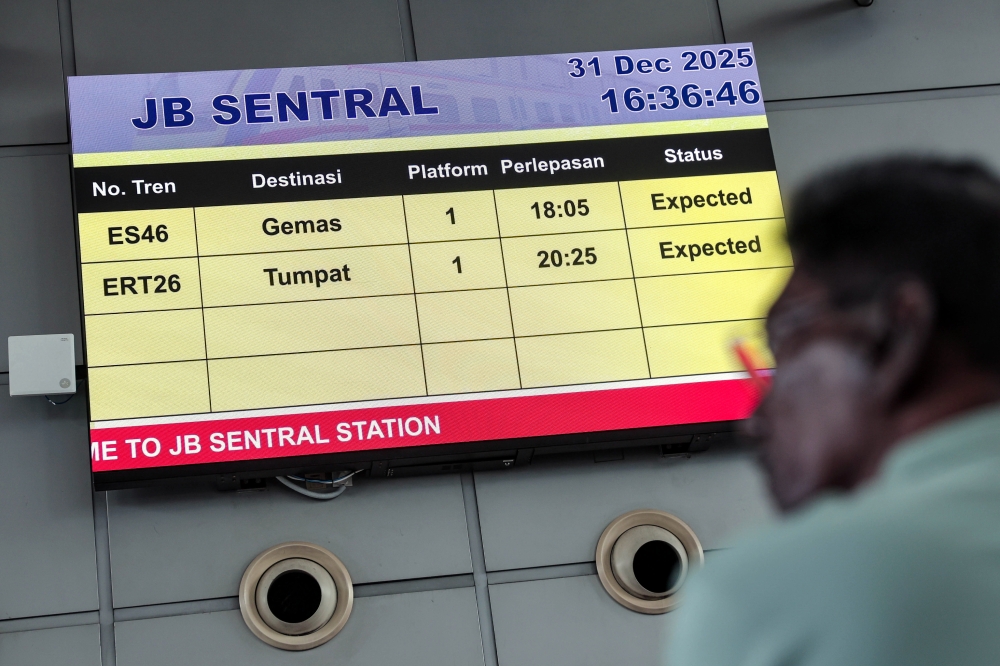
.JPG)
